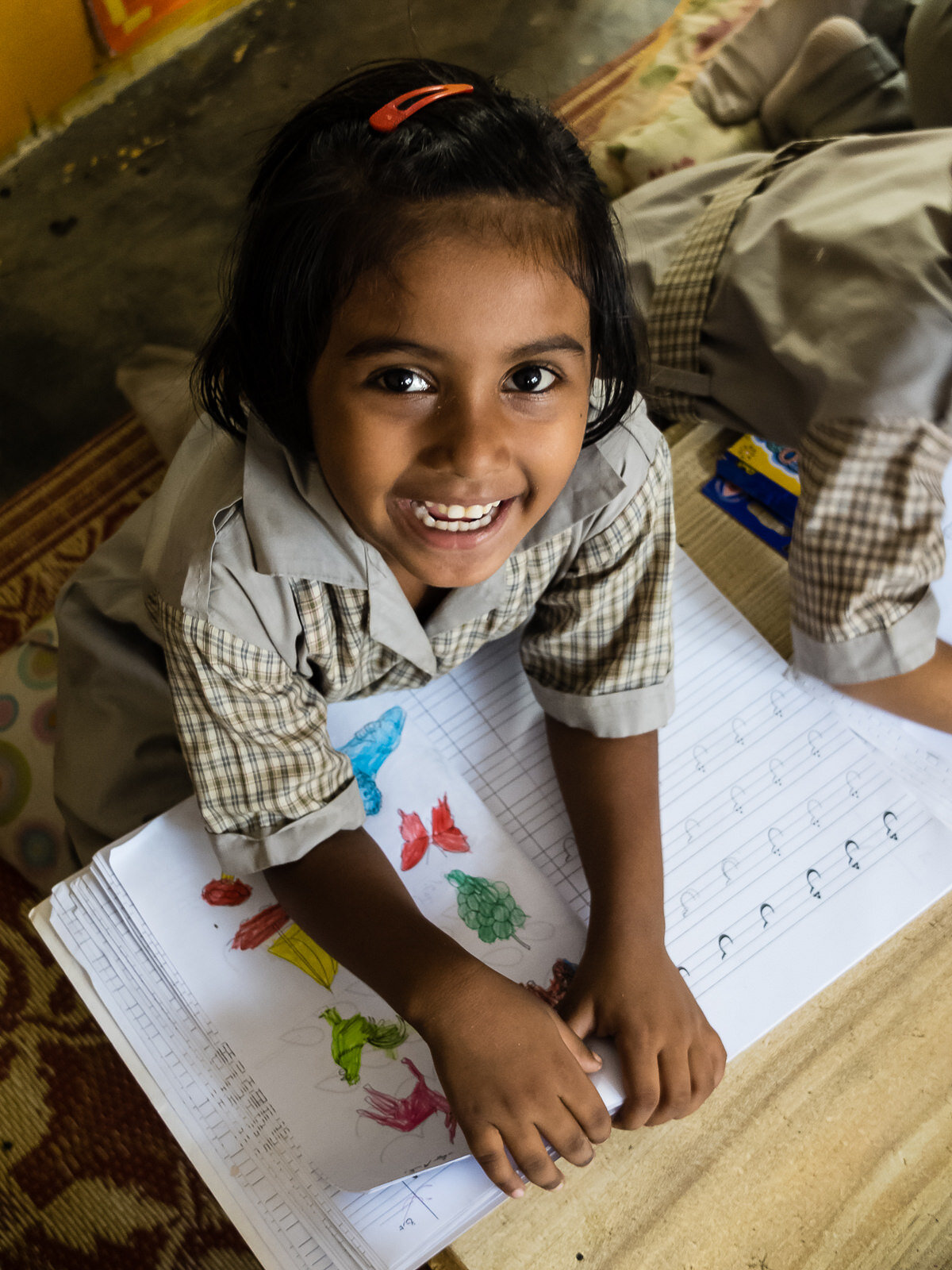

"Tiger Gardens": healthy home gardens to combat malnutrition and obesity in SC, USA. USAID: Feed the Future Innovation Lab for Crop Improvement The Good Food Institute: Organic field pea protein ingredientsĥ. USDA-ARS-PHI: Improving the nutritional value of chickpeaĤ. AFRI-NIFA-OREI: Breeding organic pulses for high protein qualityģ.
.jpg)
AFRI-NIFA-OREI: Breeding biofortified field pea for organic systemsĢ. Major research areas are Biofortification: (1) International Agriculture Development – Phenomics (micronutrient enrichment) - increase micronutrient concentration and bioavailability - iron, zinc, selenium, carotenoids, vitamin B, folates in lentil, field pea and chickpea understand the different forms of phytic acids types benefit to humans and plants to increase phosphorus bioavailability (Funded by USAID), (2) Organic pulse crop nutritional breeding – developing organically biofortified field pea and lentil cultivars for SC and NC (Funded by NIFA-OREI), (3) Pulse nutrigenomics: developing lentil and chickpea cultivars resilient to climate change and enrich prebiotic carbohydrates and essential fatty acids (Funded by USDA-ARS) (4) Organic Plant Proteins: developing pulse cultivars with balanced amino aci! d profiles (Funded by the Good Food Institute and FoodShot Global) (5) Prebiotic Carbohydrates and Gut Microbiome: Pulse crops used as a whole foods to reduce obesity, and identify obesity metabolic biomarkers using animal models and cell cultures, and (6) Food Systems towards global food security: Developing sustainable food systems to provide daily dietary needs using pulse crops, roots, and Brassica vegetables Global food security research collaborators are International Center for Agricultural Research in the Dry Areas (ICARDA), Morocco, India, Ruwanda, and Sri Lanka.ġ. I am interested in finding whole-food-based solutions to combat global “hidden hunger” - micronutrient malnutrition, obesity, and overweight. Dil serves as an honorary visiting lecturer at, University of Peradeniya, Sri Lanka, and a key research partner to the International Center for Agricultural Research in the Dry Areas (ICARDA) to release biofortified lentil cultivars for Africa and Asia. Dil is internationally recognized as a leader in pulse biofortification, especially for iron, zinc, and selenium. She started the national Pulse Quality and Nutrition Laboratory at North Dakota State University, Fargo, ND, to support the US Pulse industry's nutritional marketing. Before her current position, Dil worked at the Canadian lentil breeding and biofortification program at the University of Saskatchewan, Canada. She also co-leads the Phenomics component of the Feed the Future Innovation Lab for Crop Improvement at Cornell University. Dil is leading Pulse Biofortification and Organic Nutritional Breeding program. Dil Thavarajah is an Associate Professor at the Department of Plant and Environmental Sciences at Clemson University.


 0 kommentar(er)
0 kommentar(er)
